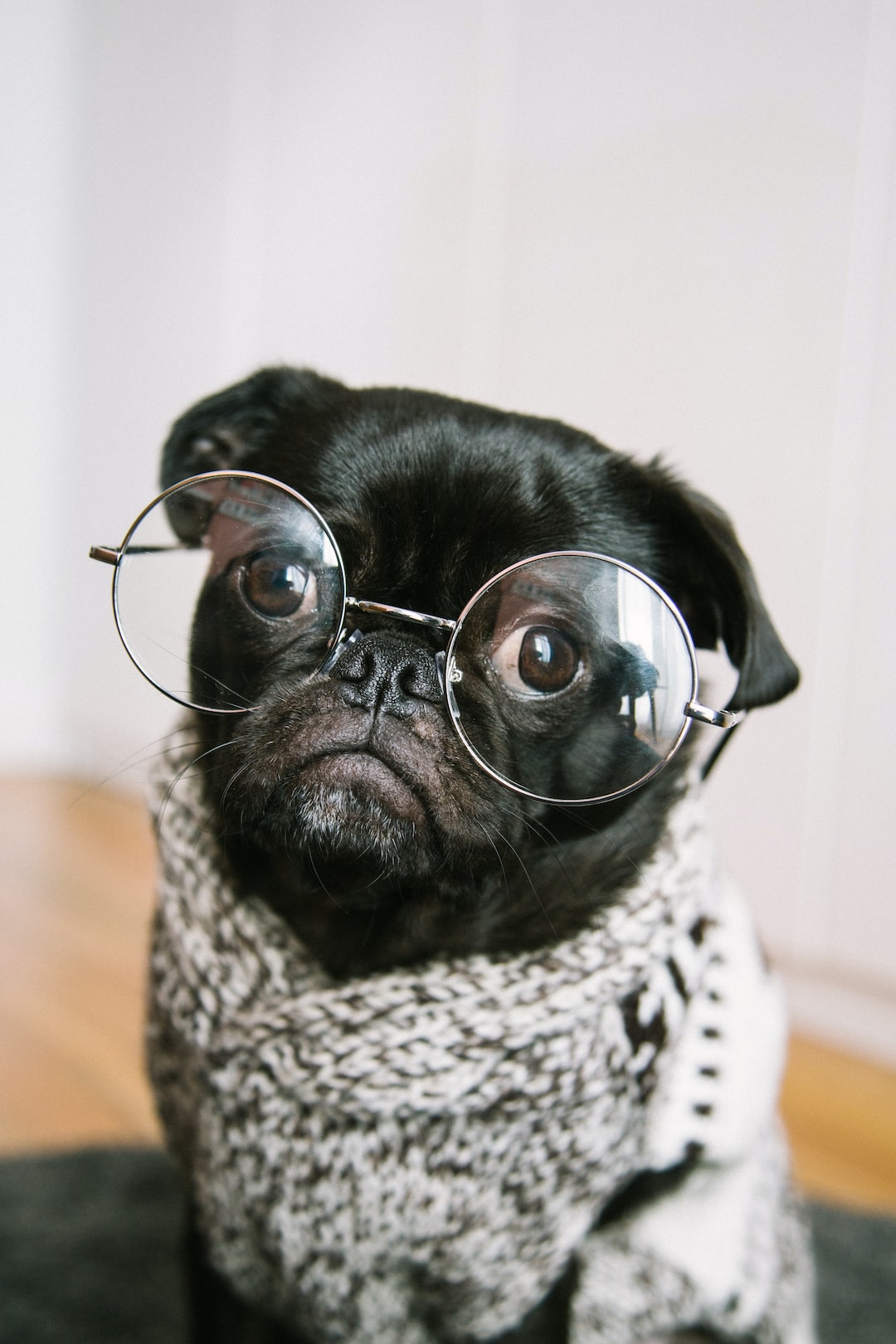Common Household Items That Can Be Toxic to Your Pets
We love our pets dearly and strive to provide them with a safe and loving environment. However, there are certain household items that may seem harmless to us but can pose a significant threat to our beloved furry friends. It is crucial to be aware of these potentially toxic items and take necessary precautions to keep our pets safe. In this blog post, we will explore some common household items that can be toxic to your pets.
1. Cleaning Products:
Many cleaning products contain chemicals such as bleach, ammonia, and phenols, which can be harmful to pets if ingested or inhaled. Therefore, it is essential to store these products securely out of your pets’ reach. Additionally, be cautious when using cleaning sprays or powders around your pets as they can irritate their eyes, skin, and respiratory system. Whenever using cleaning products, ensure proper ventilation and keep your pets in a separate room until the area is dry.
2. Medications:
Human medications, including over-the-counter drugs and prescription medications, can be toxic to pets. Painkillers, antidepressants, and even vitamins can cause severe health issues if ingested by your furry friend. Always keep medications stored securely, away from your pets’ reach. If you drop a pill on the floor, make sure to retrieve it immediately, as pets are notorious for eating things they shouldn’t.
3. Plants:
Certain houseplants and flowers can be highly toxic to pets. Varieties such as lilies, azaleas, sago palms, and poinsettias are particularly dangerous to cats and dogs. Consumption of these plants can lead to symptoms ranging from upset stomach, vomiting, to more severe conditions like organ failure. To ensure your pets’ safety, research the toxicity level of your plants and refrain from keeping toxic varieties in your home.
4. Foods:
While it’s tempting to give our pets a treat from our plates every now and then, certain human foods can be dangerous for them. Chocolate, caffeine, onions, garlic, grapes, and xylitol (an artificial sweetener) are just a few examples of foods that can be toxic to pets. Ingestion of these items can lead to various health problems, including vomiting, diarrhea, and even kidney failure or death. Always keep an eye on your furry friend and avoid sharing your meals with them.
5. Household Chemicals:
Aside from cleaning products, other common household chemicals can also be harmful to your pets. Paints, varnishes, insecticides, and automotive products contain toxic chemicals that can pose a threat to your furry friend’s health. Ensure proper storage of these items and keep pets away from areas where these chemicals are being used or stored.
6. Essential Oils:
While essential oils have gained popularity for their various benefits, some can be toxic to pets. Tea tree, citrus, and cinnamon oils can cause adverse reactions in pets if ingested or inhaled. Therefore, it is vital to be cautious when using essential oils around our furry friends. Ensure proper ventilation and keep pets in a separate room when diffusing oils. Always consult with your veterinarian before using essential oils on your pets or in your home.
In conclusion, it is of utmost importance to be aware of the potential hazards lurking in our homes and take necessary precautions to protect our pets. By being mindful of the cleaning products we use, storing medications securely, avoiding toxic plants and foods, and being cautious with household chemicals and essential oils, we can significantly reduce the risk of our pets coming into contact with harmful substances. Remember, a little bit of prevention can go a long way in ensuring the health and well-being of our furry companions.

